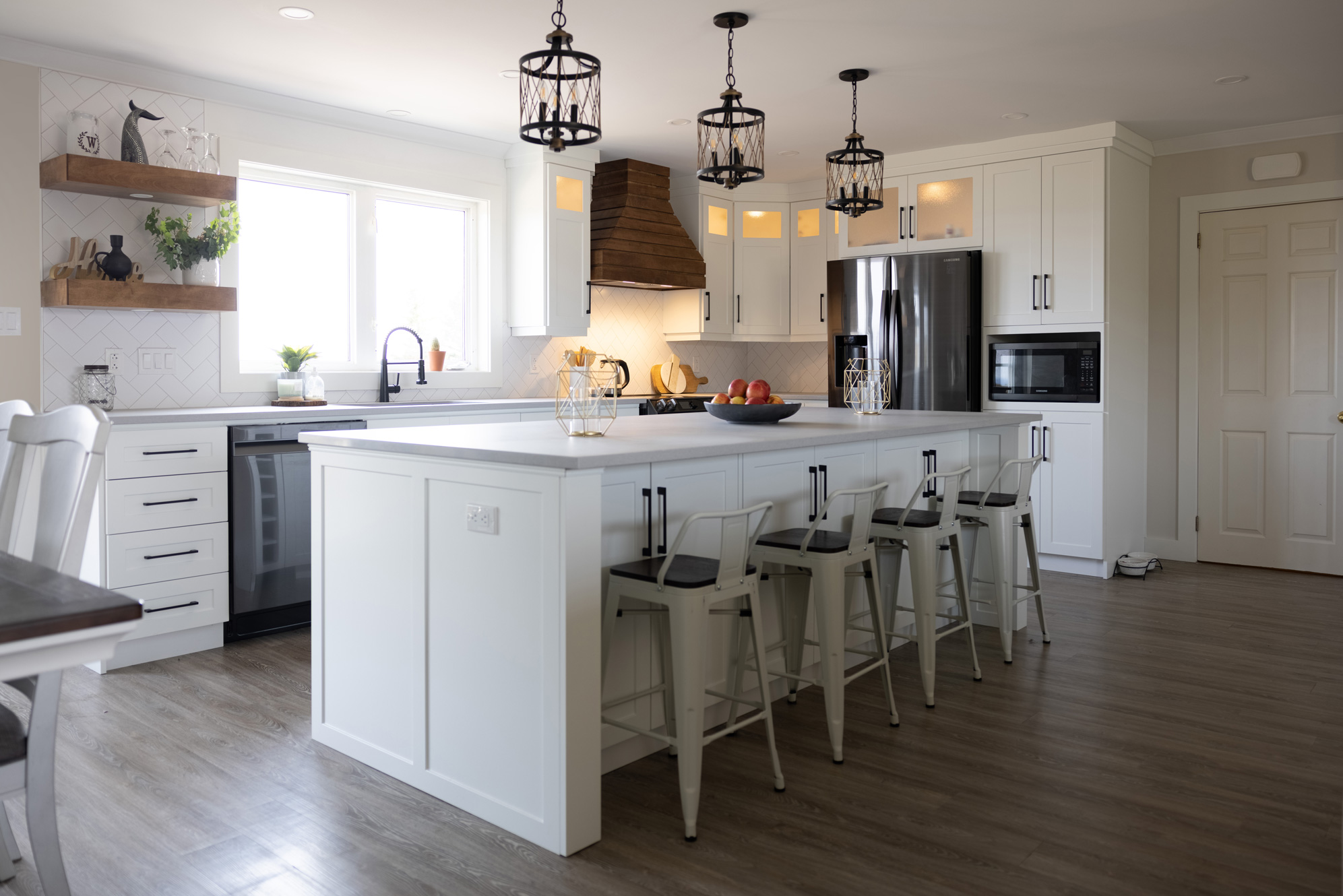
Although there are many articles available on finding the right contractor, many fail to encompass all the aspects that a homeowner should be looking for. In order to properly sift through the endless list of contractors in hopes of finding the one that best suits your needs, you need to be armed with the right knowledge that can be used to differentiate the good from the bad. Things are not always the way they seem. We have all heard the horror stories of bad contractors coming into homes and one of four things happens; they complete the job- but hand you an unexpected bill at the end of the project, they complete some of the work and then disappear, they make a complete mess of your home and leave you holding the bag, or they take the money and you never hear from them again. These situations are mostly all avoidable- if you ask the right questions and make good choices. After reading this article, you will have the right knowledge about hiring a contractor so that you will be able to tell the difference between a good contractor and a bad one.
Find a specialized contractor
The first place to start is narrowing down the type of work that you want completed. For example if you are looking to do interior renovations to your home, you should start by calling interior renovation contractors . Most contractors specialize in some way- you should start with the contractors that specialize in what you need completed. Not only will you get the best finished product, but it will usually save you some money, as those contractors are doing the same tasks and dealing with the same suppliers over and over.
Make contact by phone or meeting
Once you have discovered those contractors that fit your scope of work, start making some phone calls- skip the email route, and pick up the phone. You can learn a lot of information about a contractor by how they handle phone calls. After speaking with some contractors, just wait. You may be surprised by how few will even return a phone call, get back to you with an estimate or to set up a meeting. This is another indicator. A good contractor will return all phone calls- even if they are calling to let you know they are too busy and won’t be available to take on your work.
Ask the right questions
The contractors that cared enough about your job to call you back can now progress to the next step of the process. During this process you should ask lots of questions, and a good contractor will be happy to answer just about every one of them. Ask questions regarding their insurance- Do they carry liability insurance? Do they have workers compensation coverage? Will you be on the hook if something goes terribly wrong with your home, or someone gets hurt? These are all things that real professionals will have covered and won’t have a problem proving it.
Get references
Ask if they can provide references. Contractors who take pride in their work will be more than happy to show off some past projects, and probably have a good working relationship with their past clients. Ask previous clients about the contractor’s cleanliness. A good contractor will respect your home and keep things neat and tidy on a regular basis. Have a prospective contractor explain his process, and how the project should progress.
Ask about the contract and change orders
When you have narrowed down your contractors of choice, you should ask more detailed questions. How are changes to the contract made? How does the payment schedule work? What happens in case of a disagreement? A good contractor will have a solid policy in place for dealing with changes on a job. Changes are rarely anticipated and usually result in arguments and problems or extra costs at the end of the project, unless a change order policy is in place. A detailed payment schedule is also very important. A good contract will outline exactly when payments are due and should match up with the progress of the project.
Price
Many homeowners use the price as the main factor when deciding which contractor to work with. This is an unfortunate reality, because the price should only be part of the criteria when selecting a contractor to work with. Remember- the contractor you select is someone you will need to trust and develop a working relationship with over the course of the project. Depending on the size of the project, this could potentially be months, or years. The money you ‘save’ by working with the lowest priced contractor will likely not be worth the aggravation when you have a difficult time establishing communication, or when the quality of work is less than what you had expected.
After selecting a contractor to do the work, keep in contact with them to stay current with the progress. Contractors that are good at what they do will be happy to keep you informed on what is happening and will make every reasonable effort to ensuring your satisfaction. Remember, a contractor is mainly providing a service, and you usually get what you pay for. Unfortunately, the stories of renovations and construction projects gone bad by shady ‘contractors’ have tarnished the image of the good ones. The word ‘contractor’ has taken on a negative overall meaning, and many homeowners don’t want to get involved with contractors because of that. With the information given and some background research, you can make an informed decision on who you trust to handle your home improvements. There are a lot of good contractors out there that do great work- you just have to know how to find them.



